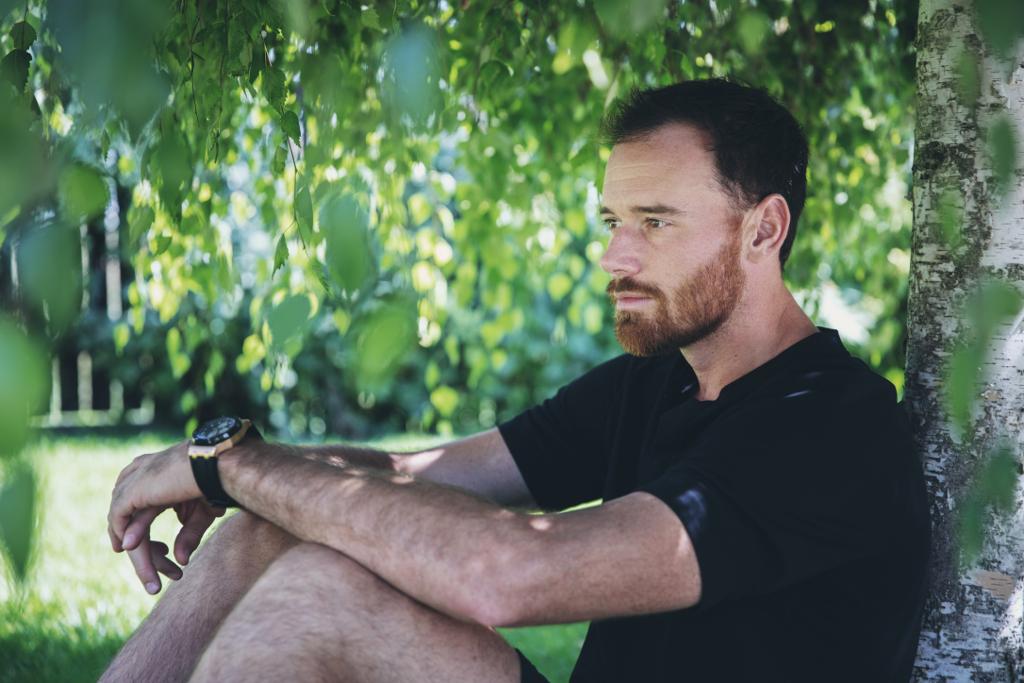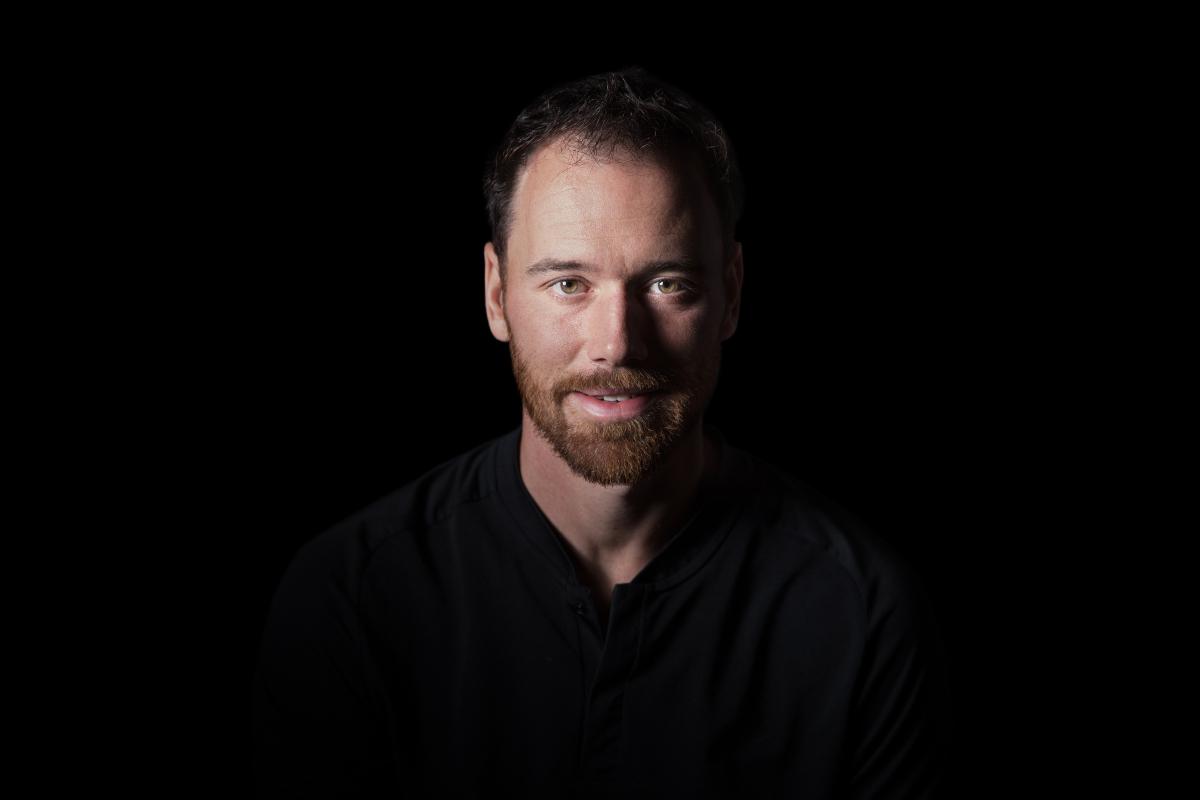As long as you can
Martin Havlát
ice hockey
Was this the last shift in my life? Really? Is it really the end?
After the first period against the Rangers in Madison Square Garden, I was sitting in the locker room and my mind was racing, but my thoughts were not about the game. I was terrified because I had just experienced a familiar feeling again.
It was a sharp pain in my groin. It was clear, without a doubt, what was happening.
At the end of the intermission, I got up to continue playing. I played the whole game, but it was weird. I couldn’t focus at all. I don't even know what the score was and whether we won. Instead, a lot of thoughts raced through my head. Feelings of hopelessness. I started to realize that I couldn’t continue like that. That I wouldn’t help anyone.

The flight back to St. Louis was probably the worst of my career. I sat alone in the back of the aircraft and did not communicate with the world. Was it the end? This thought kept flashing through my brain. On the plane, on the way home, before falling asleep. Even ehen I woke up and called my agent. The thought was always there.
Then I called Blues GM Doug Armstrong, and thanked him for the chance the team had given me, but I told him that I couldn’t continue any more.
My final job in the NHL lasted exactly three days. One weekend.
We agreed that in order not to bring too much attention to my health, and to have a peace of mind, we would publicly state personal reasons as the reason for the early end to my season. Personal issues in America will ensure that no one is too interested. Of course, a lot of questions arose. People wondered what happened when I had returned to the NHL the week before with great pomp. They could think whatever they wanted. I didn't care. I mainly wanted to disappear and decide on my own what to do next. I wanted to know if there was anything else I could do about the issues I had dealt with more and more in recent years; the issues that finally caught up with me.

Vstoupit do Klubu
Inspirativní příběhy vyprávěné sportovními osobnostmi. Ke čtení nebo v audiu namluvené špičkovými herci. K tomu rozhovorový podcast. Každý týden něco nového.
Did you like the story? Please share it.



